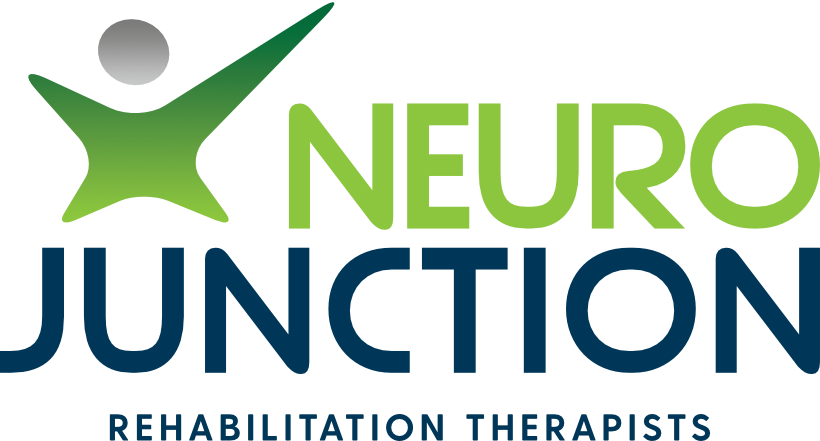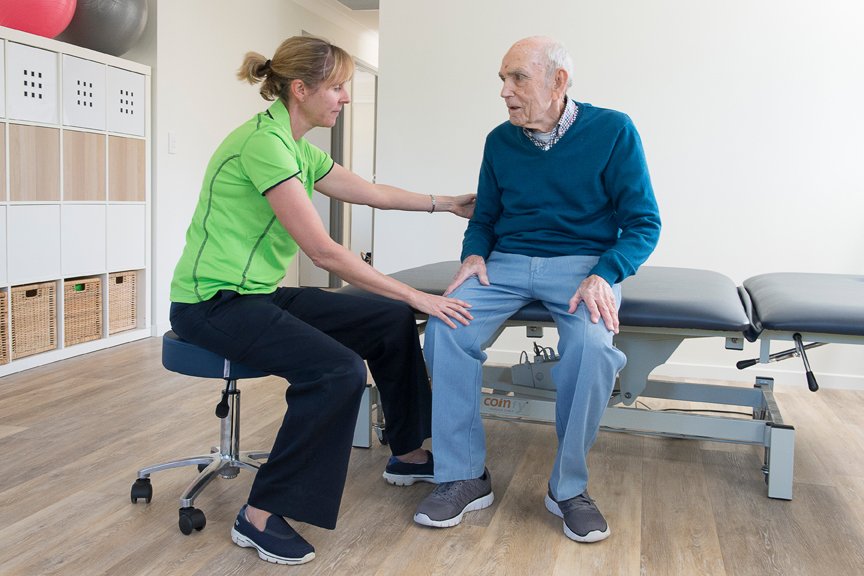Tips on How to Make Yourself Fall-Proof!
WHO IS AT RISK OF FALLS?
This may come as a surprise for some people but everyone over the age of 65 are considered at risk of falling. More than one in three people over 65 fall at least once a year and some fall more often. No other single cause of injury (including road accidents) cost the health system more than falls!
But do not worry, there are prevention measures you can do to significantly reduce your risk of falling.
HOW CAN YOU MAKE YOURSELF FALL-PROOF?
Check your footwear: See your doctor, podiatrist or physiotherapist if you have foot problems or foot pain. Consult a physiotherapist or podiatrist for advice about foot care and the best type of shoe for you. Correctly fitting supportive shoes can prevent a fall.
Check your medications: Some medications can make you dizzy or drowsy and may increase your risk of a fall. People who take four or more medications per day are at increased risk of falling. Talk to your doctor or pharmacist regularly to review your medications, including herb or supplements.
Check your diet: As we age, our bones become more fragile and more likely to break. Calcium and Vitamin D help keep bones and muscles strong. Include 3-4 serves of calcium rich foods every day. To boost Vitamin D, spend a few minutes in the sun before 10am or after 3pm. Lack of fluids can also lead to dehydration, weakness and dizziness, which can increase your risk of a fall. Drink around 6-8 glasses of fluid a day.
Check your vision: Vision plays a huge role in our balance. As we get older, our vision deteriorates. Reduced vision makes it harder to see uneven footpaths and spills on the floor. As we age it gets more difficult to adjust to sudden changes in light and to cope with glare. Tell your doctor if you notice any changes to your eyesight and have regular eye checks. Tips: Wear sunglasses and a hat to reduce glare when outside. Give your eyes time to adjust when moving from well-lit to poorly-lit areas. Make sure your home is well-lit. If haven't already, consider installing a night light.
Check your home: 60% of falls happen in and around the home. Ways to improve your home enviroments and reduce your risk of falls may include: remove clutter, secure rugs (or remove them), ensure adequete lighting, use night lights and sensor lights, mop up spills straight away, remove cords from walkways, mark edges of steps clearly, and install handrails. For further help, discuss with your physiotherapist or occupational therapist.
Check your strength and balance: Staying physically active is the single most important thing we can do to remain fit and independent. To reduce the risk of injury from a fall, it's important to include activities that improve your balance and strength. You may try home exercises, tai chi, dancing, gym, yoga. You can see a physiotherapist for an individualised strength and balance program.
WHEN TO SEEK HELP FROM A PROFESSIONAL? See your doctor or physiotherapist if you:
Are unsteady when walking with your current walking aid
Have had frequent unexplained falls
Suffer with vertigo
Feel weak and lack fitness
Need advice regarding footwear
Need advice regarding a walking aid
Are having frequent near falls
Have increased clumsiness or balance problems
Regularly have to go to the toilet in the night (3 or more times)
How Can We Help?
Our Physiotherapists offer balance and post-falls assessments at our clinic or your home. From there, we will develop a plan to promote falls prevention by increasing your strength and balance, prescribing walking aids as needed and improving home environment safety.



